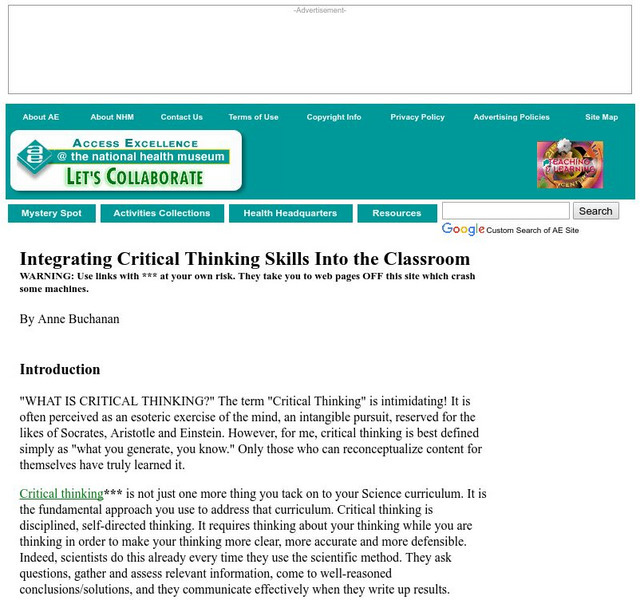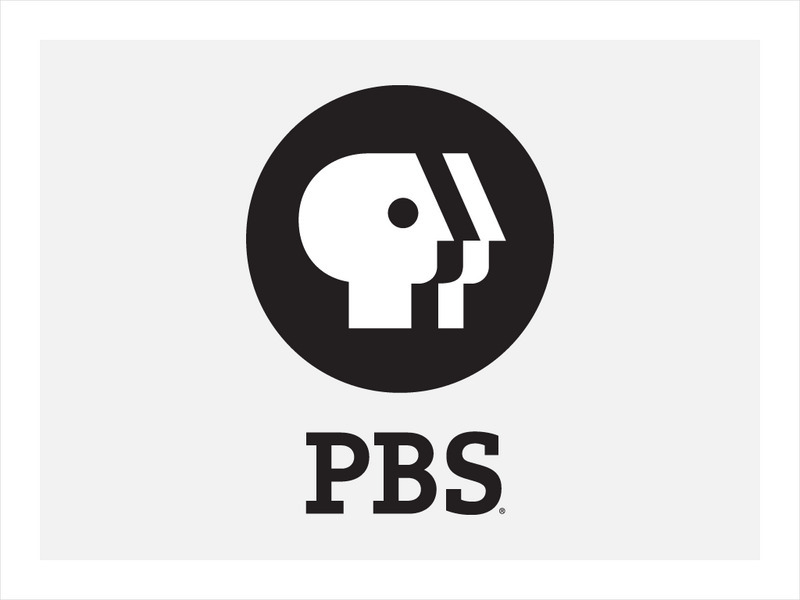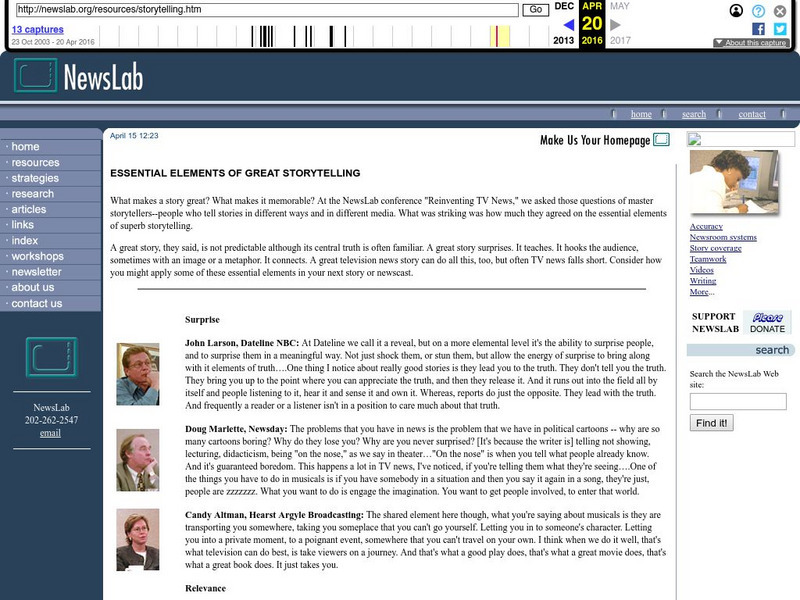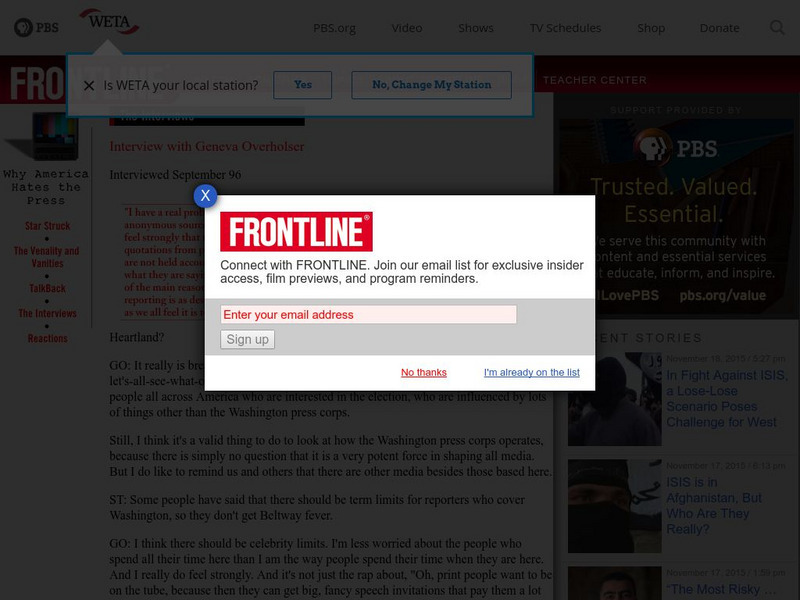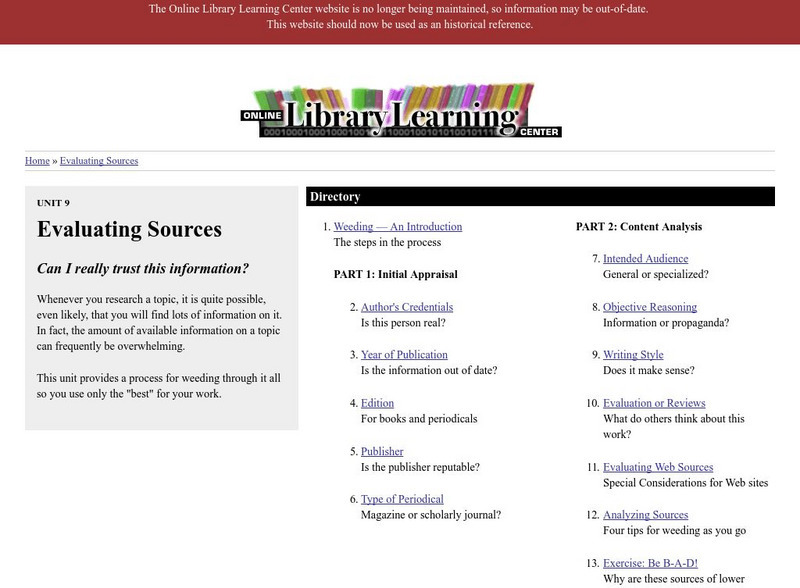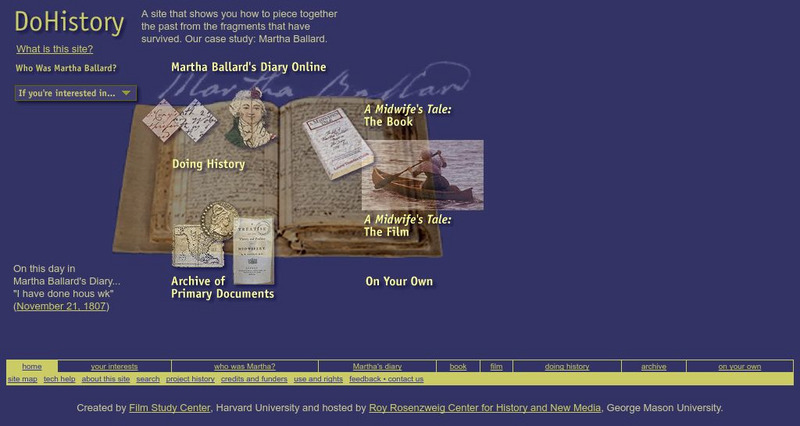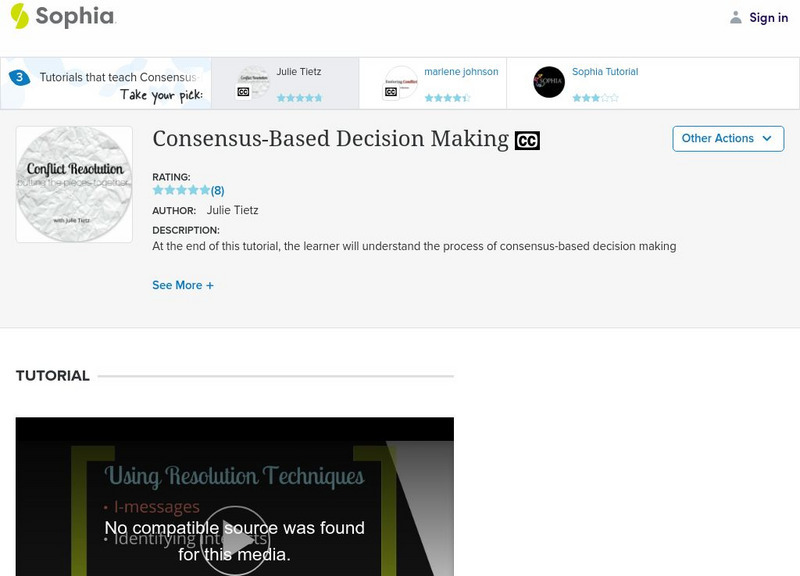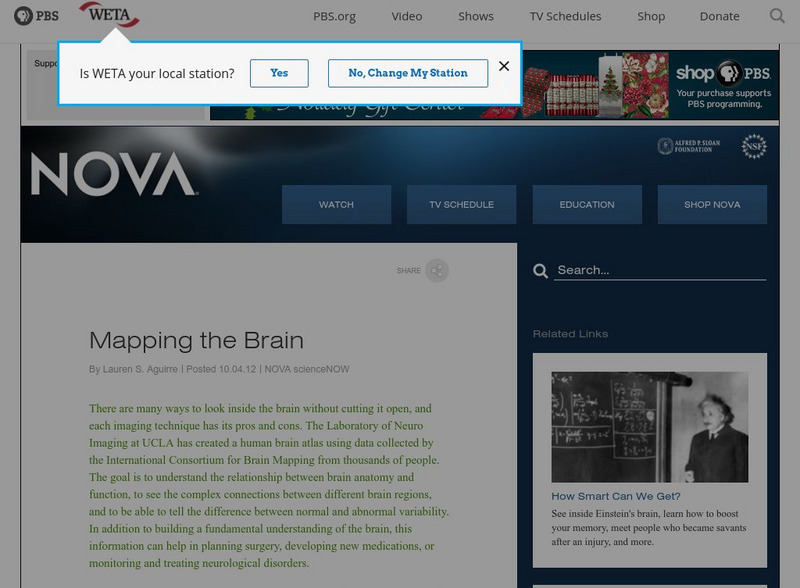New Zealand Ministry of Education
Nz Ministry of Education: Extra! Extra!
In this instructional activity students will learn about newspapers including the parts of a newspaper, purpose, and structure of articles. They will gather, record and present information from a variety of sources, using different...
PBS
Pbs News Hour: Current Events Lesson Plan
An interesting way for students to dissect current events in the classroom. This lesson plan has students look at bias and develop critical thinking skills in order to digest the news media.
Polk Brothers Foundation Center for Urban Education at DePaul University
Depaul University: Center for Urban Education: Classify Facts and Opinions [Pdf]
Students will find three lessons about facts and opinions in this learning module. The following topics are linked in the module: contrast and evaluate fact and opinion; classify facts and opinions; and locate and classify facts.
Polk Brothers Foundation Center for Urban Education at DePaul University
De Paul University: Center for Urban Education: Identify Important Info When I Read [Pdf]
Links to self-assessment activities for content area fluency activities are found on this resource. Students will read, time themselves, and record facts. Students will improve their reading rates and levels of comprehension.
National Health Museum
Access Excellence: Integrating Critical Thinking Skills
This site from Access Excellence explores how, as an educator, you can incorporate critical thinking skills into the classroom. Content focuses on how to cover content so that students can grasp information, engage with the teacher, read...
PBS
Pbs Teachers: Scientific American: Make Up Your Mind: Mind Mapping
Investigate the pseudoscience of phrenology and its attempt to organize and assign different purposes to different parts of the brain. Create a phrenology chart on a bathing cap and compare it to modern understanding of brain function...
PBS
Pbs Teachers: Scientific American: Make Up Your Mind: The Stroop Effect
Describe how the Stroop Effect influences the brain's ability to simultaneously process conflicting information. Conduct a test where subjects are required to identify the font color of words that name a different color (the word "red"...
University of Arizona
University of Arizona: Example #4, New Academic Course Offered
A short example of a press release from the University of Arizona. Good model for students.
Other
News Lab: Elements of Great Storytelling
This is a great site for broadcast journalists; it focuses on the elements that make a story great. You can find tips on writing from some of the top people in the industry.
Quia
Quia: Fact or Opinion?
This is a 30 question quiz on separating fact from opinion. Students read the statement and select fact or opinion. Java plugin is required.
Other
European Journalism Centre
The homepage for the European Journalism Centre, a study with analysis and interpretation of ethnic reporting from Russia, Latvia, and Ukraine. Provides up-to-date information about current events and news from Europe.
PBS
Pbs: Interview With Geneva Overholser
This site is provided for by PBS. An interview with Geneva Overholser, former editor of The Des Moines Register, who led the paper to a Pulitzer Prize for public service. Frank discussion about the state of the profession, using...
Other
Bayou State Periodical Index
Focused on periodicals pertaining to Louisiana, this online index covers even obscure publications such as alumni newsletters, and occasional offerings of non-profit organizations.
Other
Online Library Learning Center: Evaluating Sources
Use this "Weed and feed," approach to get only the best resources for your research project.
Other
Do History: Using Primary Sources
This site explains the difference between a primary and secondary source. It also provides students with questions to ask when gathering evidence about a primary source document.
iCivics
I Civics: Games: Argument Wars
Games in which players act as lawyers arguing head to head before a judge about real Supreme Court cases.
Sophia Learning
Sophia: Non Rational Factors in Decision Making: Lesson 2
At the end of this tutorial, the learner will understand that decision making is not an entirely rational process and will be able to name some of the factors that influence it. It is 2 of 3 in the series titled "Non-Rational Factors In...
Sophia Learning
Sophia: Of One Mind: Consensus Based Decision Making: Lesson 2
At the end of this tutorial, the learner will understand the process of consensus-based decision making. It is 2 of 3 in the series titled "Of One Mind: Consensus-Based Decision Making."
University of Illinois
University of Illinois Extension: Is It What I Think or What I Know? (Fact or Opinion)
This short lesson provides a fairly simple way to teach young students the difference between fact and opinion.
PBS
Pbs: Nova: Mapping the Brain
Learn about new techniques for mapping the brain and how these new techniques can help researchers build a better undersanding of the brain.
E Reading Worksheets
E Reading Worksheets: Fact and Opinion Lessons
In this learning module, students will learn more about the differences between facts and opinions. A PowerPoint presentation and related activity are provided to reinforce the topic of facts vs. opinions. This module is designed to...
E Reading Worksheets
E Reading Worksheets: Fact and Opinion Worksheets
Fact and opinion practice exercises, answer sheets, and explanation summaries are included on this tutorial site. Worksheets are tiered in levels of difficulty.
Other
The Seattle Times
The Times is the daily newspaper for the city of Seattle Washington. The Times features sections on local and national news, weather, business, sports, and entertainment.
Other
Flickr: Critical Thinking Skills Poster
A downloadable critical thinking skills poster based on the original six levels of Bloom's taxonomy.



![Depaul University: Center for Urban Education: Classify Facts and Opinions [Pdf] Unit Plan Depaul University: Center for Urban Education: Classify Facts and Opinions [Pdf] Unit Plan](https://content.lessonplanet.com/knovation/original/119988-719af6c927af61affa025c27754c7fae.jpg?1661787067)
![De Paul University: Center for Urban Education: Identify Important Info When I Read [Pdf] Unknown Type De Paul University: Center for Urban Education: Identify Important Info When I Read [Pdf] Unknown Type](https://content.lessonplanet.com/knovation/original/119990-77415f8bf3a2d78884ec00eceb814d0c.jpg?1661787069)
